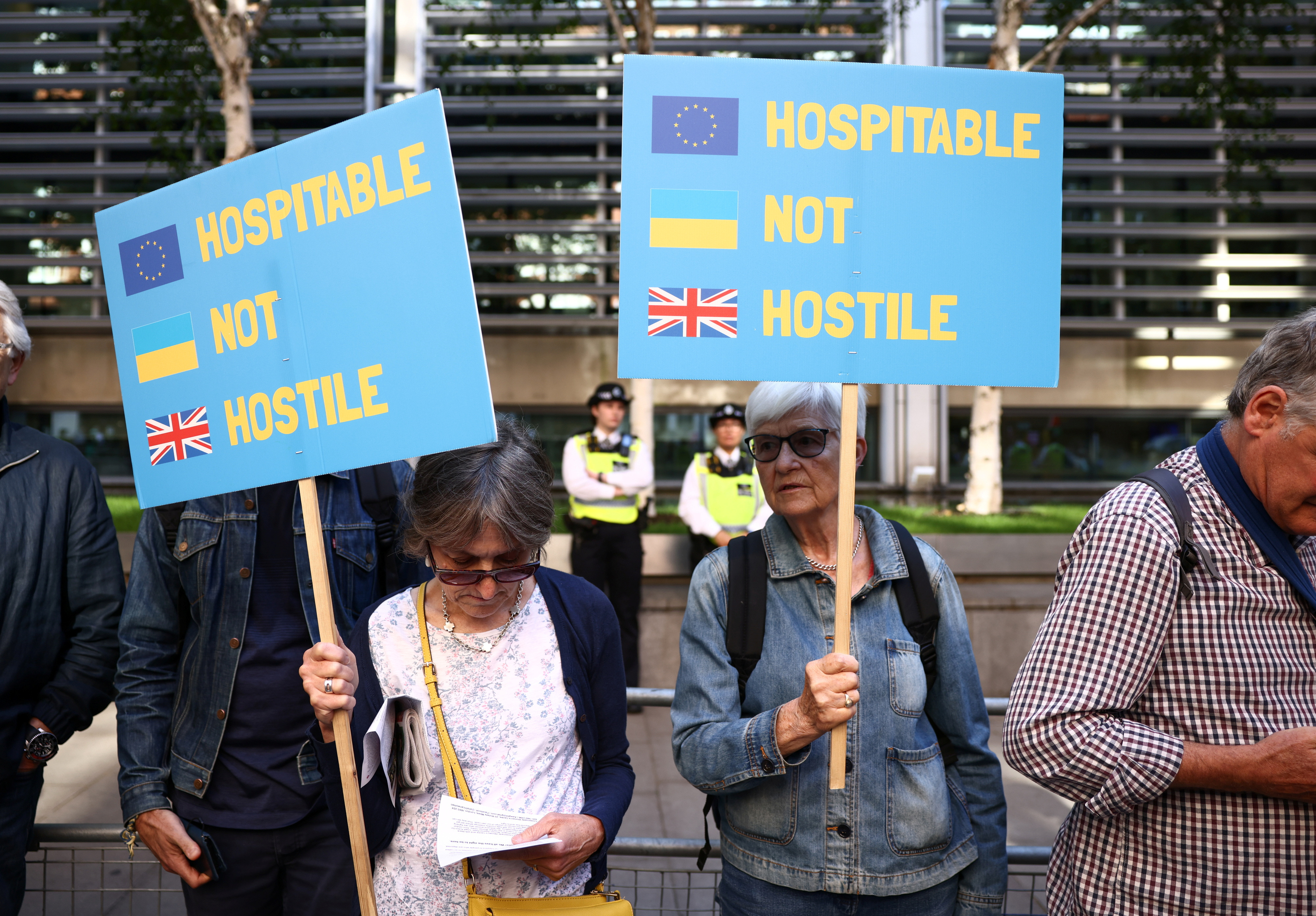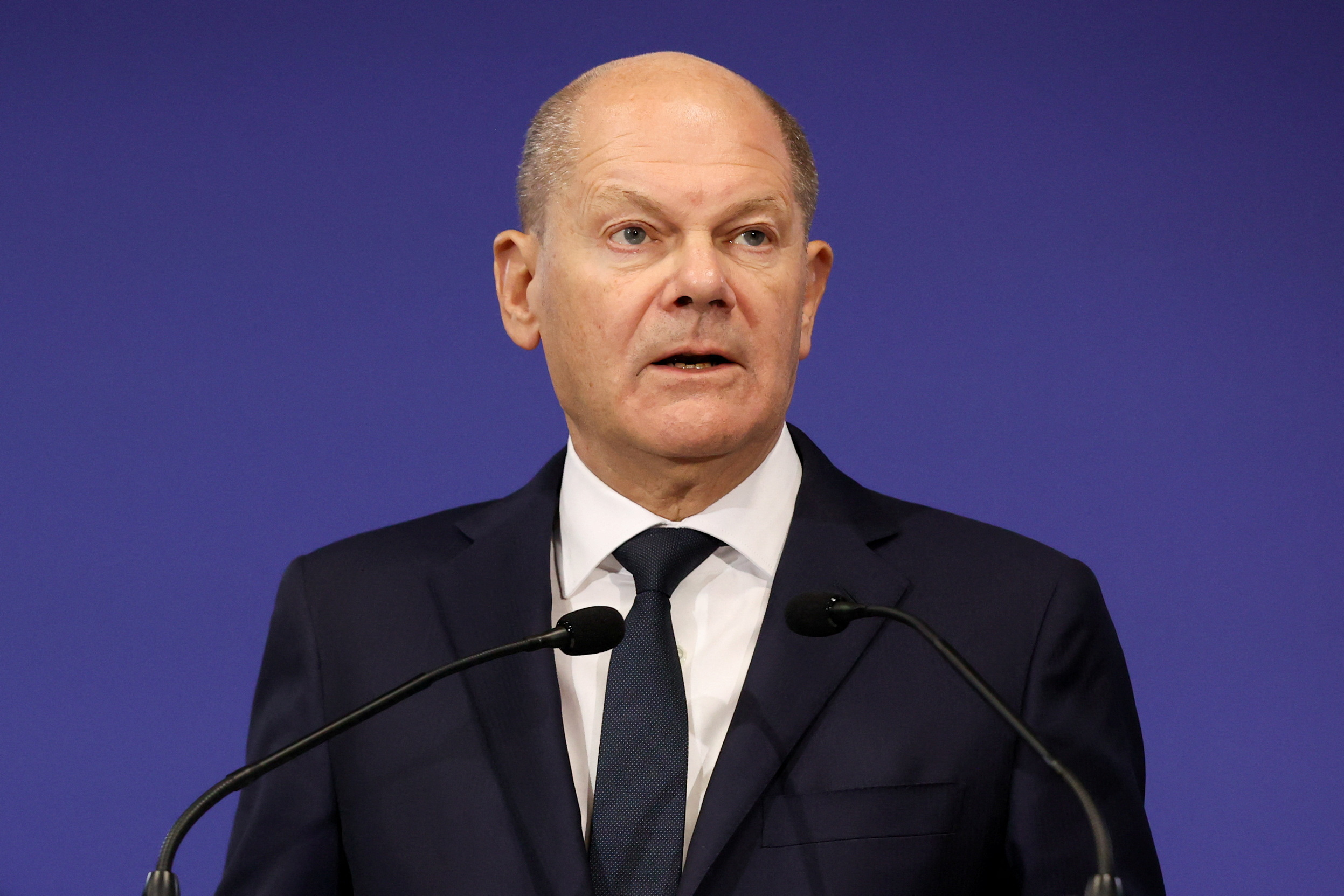Asylum System Fails Refugees
The global asylum system is collapsing under the weight of its own contradictions. As reported by The Economist, the framework established by the 1951 Refugee Convention is outdated. Initially designed to protect Europeans fleeing post-war persecution, it now inadequately addresses the complexities of modern displacement. Refugees from conflict zones, climate disasters, and political repression are left stranded, their desperate pleas for safety often met with indifference or outright hostility.
Non-Refoulement Principle Under Siege
The principle of non-refoulement, which prohibits returning individuals to places where they face serious threats to their life or freedom, is being systematically violated. According to Harvard International Law Journal, many states are bypassing their legal obligations, leaving vulnerable populations at the mercy of political whims. This erosion of legal protections not only endangers lives but undermines the very foundation of international human rights.

UK scraps talks for asylum seekers | World News | 2023-02-24
Stark Inequities in Asylum Processes
The disparities in how different countries handle asylum claims highlight a troubling trend. Wealthy nations are increasingly outsourcing their responsibilities, pushing refugees into perilous journeys while tightening borders. Reports indicate that nations like the UK are contemplating extreme measures, such as offshoring asylum processing, which could jeopardize the safety and dignity of countless individuals seeking refuge.
Need for Comprehensive Immigration Reform
It"s time for a radical rethink of how we approach immigration. As stated in a National Archives piece, the 1951 Refugee Convention was crafted in a different era. Current geopolitical realities demand a comprehensive immigration reform that separates asylum from labor migration, ensuring that those fleeing persecution receive the protection they deserve without conflating their plight with economic migration.

Israel says Hamas rejects key elements of US ceasefire plan for Gaza
Voices of the Marginalized Must Be Amplified
Marginalized communities, particularly refugees and asylum seekers, must be placed at the center of immigration policy discussions. As highlighted by various advocacy groups, these individuals possess invaluable insights into the failings of the current system and the urgent need for change. Their stories, often marked by resilience and hope, illustrate that the existing framework is not just a legal issue but a profound human rights crisis.

![[Video] Federal officers deploy sting balls and flash grenades at Whipple Building](/_next/image?url=%2Fapi%2Fimage%2Fthumbnails%2Fthumbnail-1768340555229-vhfcc-thumbnail.jpg&w=3840&q=75)
![[Video] Crowd-control weapons used in Minneapolis as anti-ICE protesters attack police vehicle](/_next/image?url=%2Fapi%2Fimage%2Fthumbnails%2Fthumbnail-1768336302231-akxf7s-thumbnail.jpg&w=3840&q=75)

![[Video] Protests erupt in Minneapolis after ICE detains teenager, multiple arrests made](/_next/image?url=%2Fapi%2Fimage%2Fthumbnails%2Fthumbnail-1768331835371-z9ylqg-thumbnail.jpg&w=3840&q=75)


![[Video] Gunfire between Iraqi security forces and Sadr militias in Baghdad](/_next/image?url=%2Fapi%2Fimage%2Fthumbnails%2Fthumbnail-1768343508874-4redb-thumbnail.jpg&w=3840&q=75)
